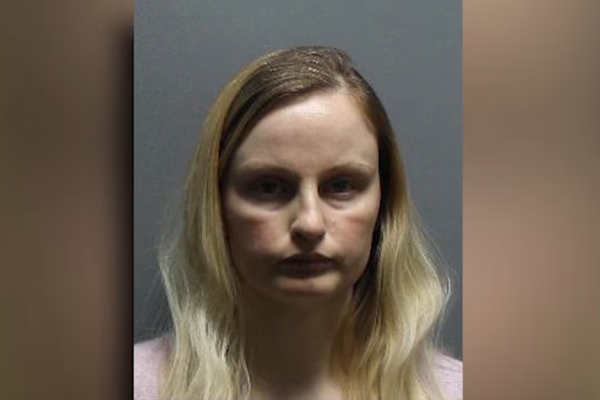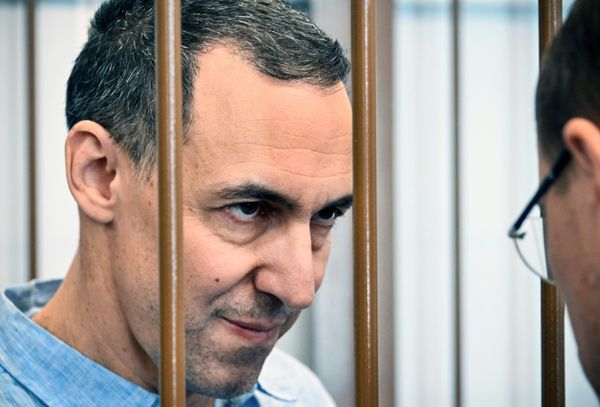
Ministers have been accused of “paying lip service” to tackling drink spiking over repeated delays to a crucial report looking into the scale of crime.
Labour accused the Home Office of “insulting victims” by refusing to publish the report while campaigners said ministers “have done nothing” to tackle the crime.
The failure to publish the report into the nature and prevalence of spiking in April, as required under the Crime, Police, and Sentencing Act 2022, prompted campaigners to take legal action against the Home Office in July in a bid to force publication.
Earlier this year, Home Office minister Sarah Dines said the report would be published “following the May local elections”, which took place more than three months ago.
Now, Labour has renewed calls for ministers to publish the report and make spiking a specific criminal offence.
The crime is currently covered by several different areas of legislation, but there is no single dedicated offence under which to prosecute perpetrators. Campaigners believe the lack of a separate offence means the crime is significantly underreported.
Last year, the National Police Chief’s Council warned it had seen a “rapid rise” in reports of the crime, with a particular increase in the use of needles.
The latest figures showed 4,924 reported incidents of spiking between September 2021 and August 2022. That included 2,581 reports of victims being spiked using needles.
But research by campaign group Stamp Out Spiking showed 97 per cent of victims never report the incident to the police, meaning it is far more prevalent than figures show.
On Tuesday, Labour’s shadow victims minister Jess Phillips told The Independent: “The Conservatives’ failure to even produce a report into spiking is an insult to victims and typical of the lip service they pay to this crime.”
“Spiking is a horrific crime which can have a serious impact on victims’ lives. But it’s often unreported because of the nature of the crime,” she added.
Labour’s shadow victims minister Jess Phillips said the Conservatives were merely ‘paying lip service’ to the crime— (PA Archive)
Dawn Dines, founder and chief executive of Stamp out Spiking, which has campaigned for two decades for a change in the law, said making it a specific offence would empower people to report the crime. She said it would also mean emergency services and workers at pubs, bars and restaurants could be trained to recognise and respond to victims.
But she told The Independent “the silence from the government is deafening”.
“It is not like spiking has stopped, it is going on every weekend. The crime has not stopped, but the government has not answered.”
Tamara Walters, legal assistant at the Good Law Project which launched the legal action against the Home Office in July, said: “It’s impossible to solve a problem when you don’t even know how big it is.”
In April, Sir Keir Starmer said Labour would make spiking a specific offence following cross-party support and calls from campaigners to toughen the law on violence against women and girls.
Sir Keir said he worried about his own 12-year-old daughter getting older and going out and knows many other parents had the same concerns.
“The rise of spiking sends terror through the heart of every parent with a daughter, and leaves young women feeling vulnerable,” he said.
A Home Office spokesperson said: “Spiking is a cowardly act which is already illegal and anyone who commits this crime faces up to ten years behind bars.
“We have invested £125m to make our streets safer, including initiatives to tackle drink spiking, campaigns to raise awareness and training for bar staff. Our Tackling Violence Against Women and Girls Strategy will also help drive long-term change to prioritise prevention, bring perpetrators to justice and ensure victims get the support they need.”







